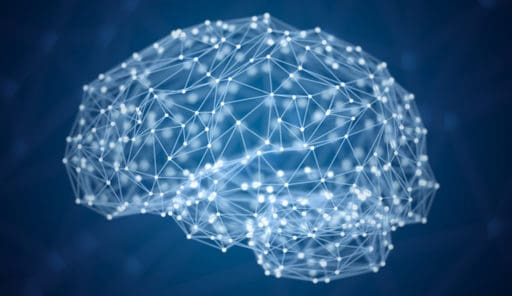Depression is an illness that must be taken seriously. Often, those who struggle with depression may feel overwhelmed, hopeless, and drained. Depression can make it difficult to take care of
Can TMS Worsen Depression?
TMS, or transcranial magnetic stimulation, is an FDA-approved method of brain stimulation that is safe, effective, and non-invasive. TMS has been demonstrated to achieve impressive remission rates of patients in
What is TMS Maintenance and How Can It Cure Depression?
Studies have shown that Transcranial Magnetic Stimulation is an effective treatment for individuals with Depression. But even if an index course of TMS therapy is successful, clinical management of a
The Risks of TMS: Fears vs. Facts
Depression can be debilitating and difficult to manage. People who struggle with depression exhibit structural irregularities in the parts of the brain that regulate emotion, as well as abnormalities in
Can TMS Treat Generalized Anxiety?
Everyone worries sometimes. We live in a demanding world, and occasional stress is normal. But if your anxiety is acute, prolonged, or interferes with your daily life, you may be
How Weather Affects Mood
We’ve all experienced feelings of malaise with dreary, rainy, cold weather. Some call it the wintertime blues. But how exactly does weather affect our mood? What are the different
Mental Health Resources for TMS Patients
Living life with mental health conditions is undeniably difficult, especially when you don’t know where to go for help and support. At Mid City TMS, our support for our patients’
Is TMS Painful?
Depression is so painful that people suffering with it often want nothing more than to feel better. With TMS being an increasingly popular method of treating depression, people want to
What Patients are Saying about Mid City TMS
At Mid City TMS, from managing anxiety to treating depression, our TMS treatments have proven to be extremely effective at helping people overcome depression. Here is feedback we have received
Understanding the Causes of Depression
Research from the World Health Organization states that almost 300 million people worldwide are afflicted with depression. According to the Centers for Disease Control and Prevention, Major Depressive Disorder (MDD)










